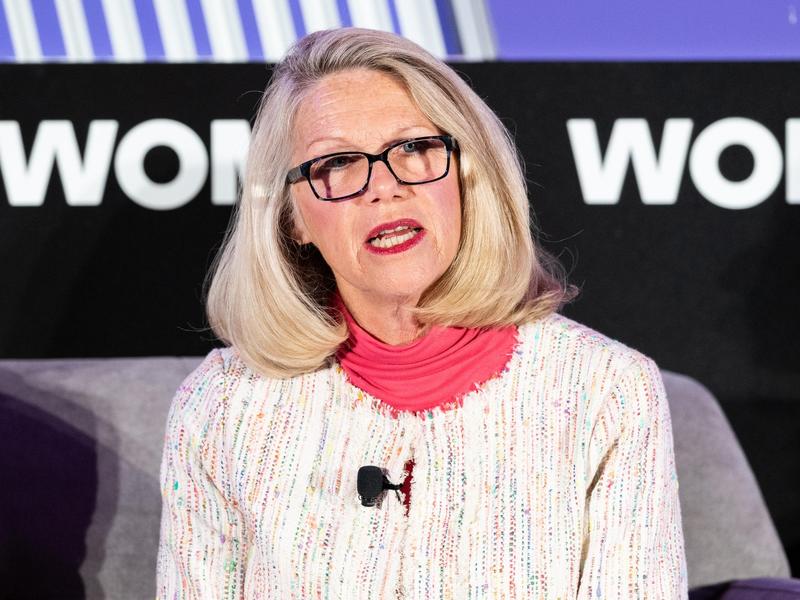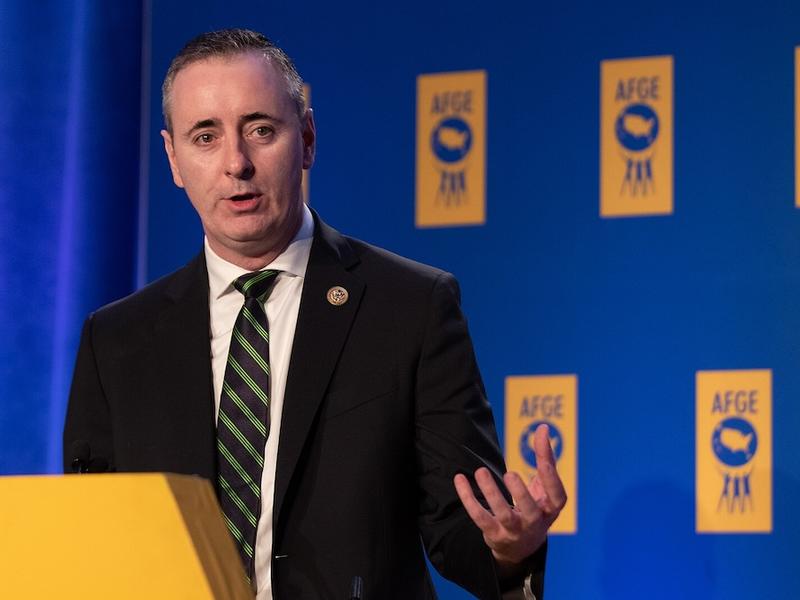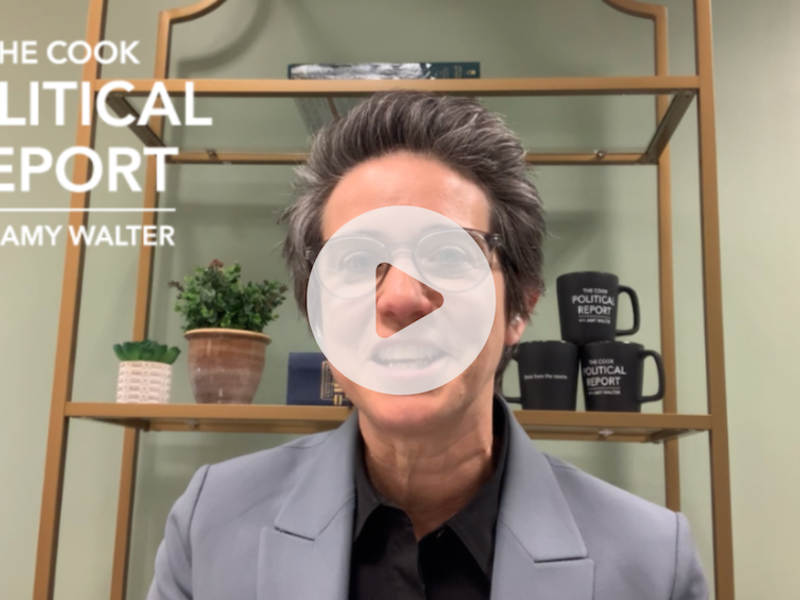
DETROIT — These last two nights in Detroit are a reminder of why those who have been involved in party politics and campaigns for a long time hate primary debates. They are the political equivalent of public family therapy. Disagreements, pent-up frustrations, and long-held grudges are out on display for the whole world to see.
The news organizations who host them need to get a return on their investment. So, they market them as a sporting contest with promises for big hits and lots of action. The format and questions are designed to create sparks and tension. The new DNC rules only exacerbate this tension. The DNC was heavily criticized in 2016 for what many Democrats saw as an opaque process that tilted the scales in favor of Hillary Clinton. To address those concerns, the DNC created a new metric for entry into the debates. A candidate needed to be at just 1 percent in the polls or have 65,000 unique donors.
In theory, this made a lot of sense. It encouraged candidates to build a base of grassroots donors who can ultimately be mined for donations to the DNC and the eventual nominee. But, it also encourages candidates to be more aggressive on stage. A viral moment of confrontation brings in a lot of money fast. It also pushes the debate to the left, where many of the most engaged grassroots donors sit, but where few swing or independent voters are situated.
More importantly, these debates keep the spotlight on Democratic in-fighting instead of the fight that Democrats want to take to President Trump.
While here in Michigan, I talked to a variety of Democratic state and local officials, activists and strategists. All of them stressed that success in 2020 is tied to Democrats ability to keep focused on kitchen table issues that currently aren't getting all that much attention.
Democratic Governor Gretchen Whitmer took advantage of the huge national media presence in her state to encourage Democrats to follow her playbook from 2018: focus less on ideology and more on pragmatism. "All the values and positions in the world don't mean a whole lot," she told me in an interview in her office in downtown Detroit, "if you can't execute."
Whitmer, who campaigned on a message of "fix the damn roads," told me that "people want thoughtful leaders who can actually deliver." A not-so-subtle message to candidates who are pushing for structural changes that have little chance of making it into law.
When I asked freshman Democratic Rep. Haley Stevens, who flipped a red seat blue in 2018, if she worries that national Democrats have been spending too much time debating issues that may not play well in suburban districts like hers - Medicare for All and decriminalizing illegal border crossing - she told me that "we [Democrats] don't need to overthink this." She went on to tell me that, "I don't really know if we need to be in search of the heart and soul of the Democratic party right now because we know what it is. We know what our charge is. We know what we want to do for people..and the government we want to lead. We know that we cannot take another four years of Donald Trump, and we have to win in 2020. Full stop."
Retiring GOP Rep. Paul Mitchell, who represents a chunk of bellwether Macomb County outside of Detroit, told me issues like Medicare-for-all are wildly unpopular with his constituents. They are concerned about things like high deductibles and expensive prescription drugs. But, he said, they don't want to see the federal government take over the whole system.
The message I got from all of these elected officials was that people want help and change, but there's little appetite for the kind of massive structural changes that some of the Democrats are pushing.
However, where these debates are helpful to the party is that they give the frontrunners a good vetting. They aren't a perfect format (for all the reasons I outlined above), but they do force the people highest in the polls to prove that they deserve their spot there. It is better to find out that the frontrunner is weaker than expected early in the process than deep into the election when it's too late to do anything about it. Current Democratic frontrunner Joe Biden was panned in his first debate for being too old, too rusty and too wobbly. He had a better night in Detroit on Wednesday. He was better prepared and more agile. But, he was inconsistent and shaky. He looked more like a 400-pound than an 800-pound gorilla. Where his mettle will be tested is a match-up with his ideological opposites — Bernie Sanders and Elizabeth Warren. Harris and Booker attacked Biden on the margins. Sanders and Warren will go at the core. They will be asking Democrats not just to reject the past votes and values of a Biden candidacy, but to reject the premise that real change is possible without significant structural upheaval.
Every year, nervous partisans complain about how debates are more trouble than they are worth. Republicans complained that the unwieldy, uncoordinated and media-driven debate process caused serious and lasting damage to Mitt Romney and the GOP in 2012. The DNC's heavy-handedness in limiting the number of debates was fingered as a big reason for Clinton's failure to unify the party in the fall.
We don't know if these first two debates are going to have any long-term impact. What we do know is that the September debate will be winnowed down to a more manageable size. As of now, only seven candidates have met the new polling and donor threshold requirements to make the debate stage. We also know that it is only August. Candidates will have opportunities to improve and hone their message. What is helping Democrats the most, however, is the president himself. A more disciplined candidate would use the bully pulpit to keep the focus on where he is strongest — like the economy. Many Democrats were frustrated that their candidates focused their fire on each other instead of the president. But, with every divisive tweet, every attack on "the Squad" or "rat-infested cities," and every "send her back" rally chant, Trump does their work for them.
Image Credit: Gretchen Whitmer








Subscribe Today
Our subscribers have first access to individual race pages for each House, Senate and Governors race, which will include race ratings (each race is rated on a seven-point scale) and a narrative analysis pertaining to that race.